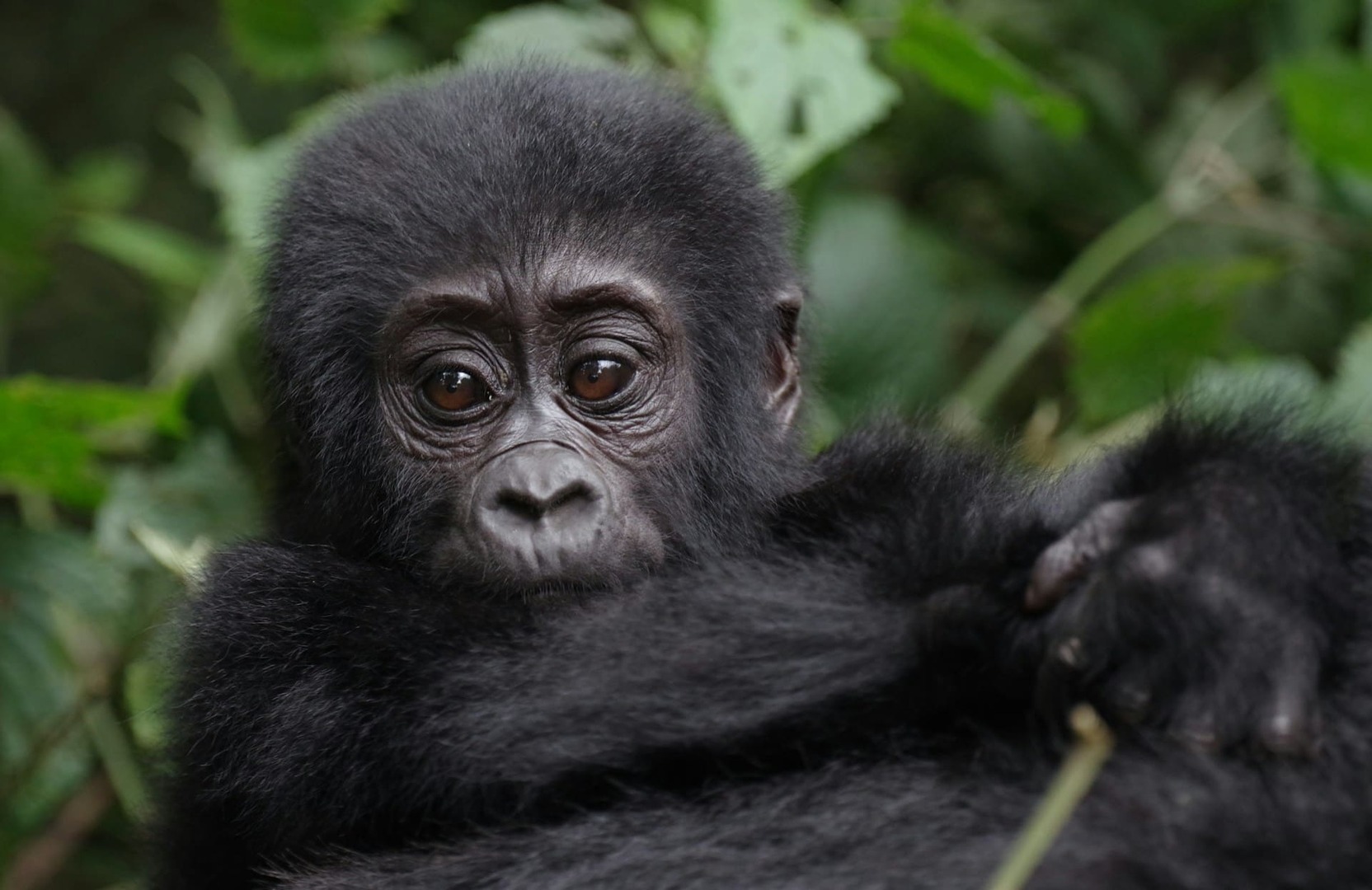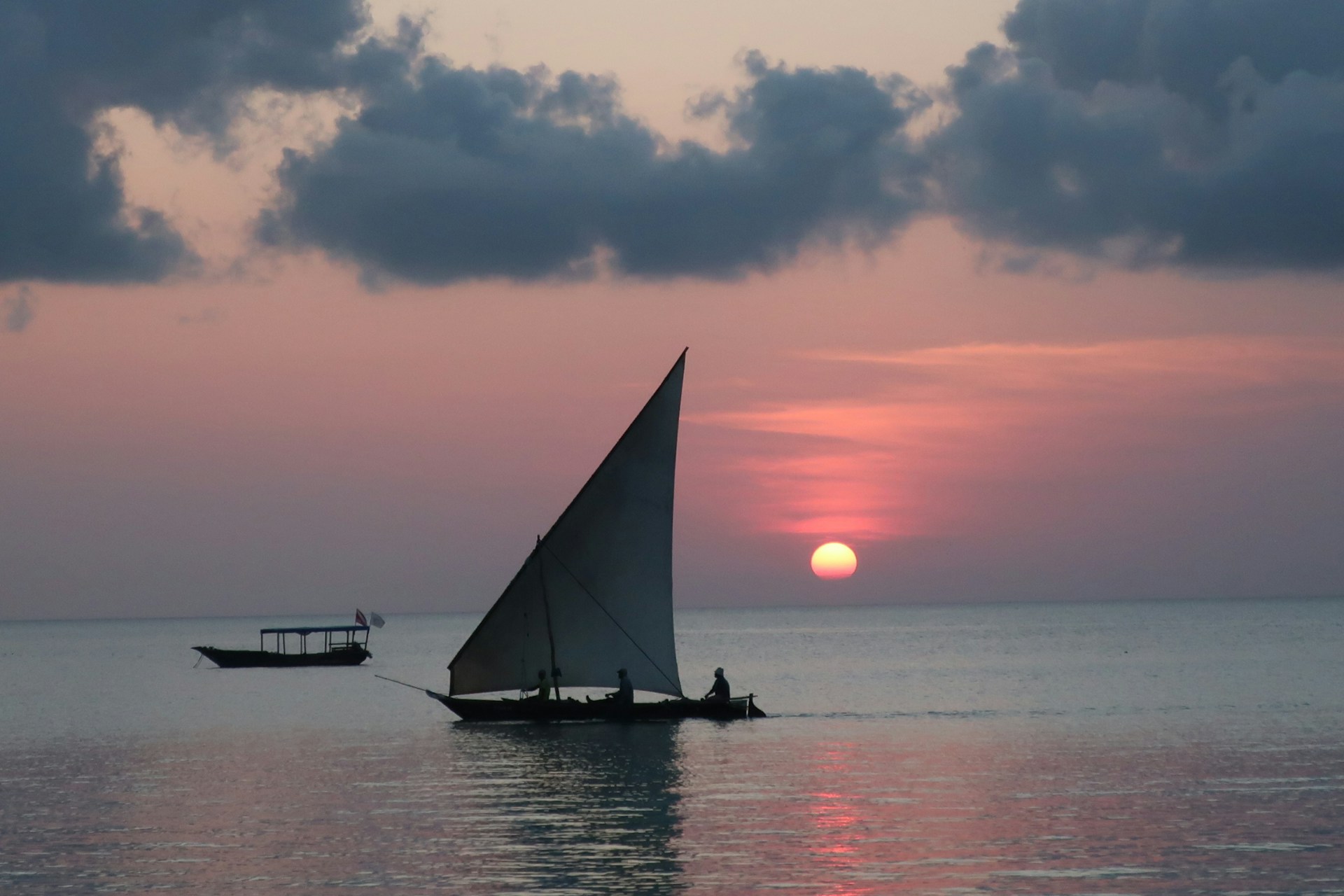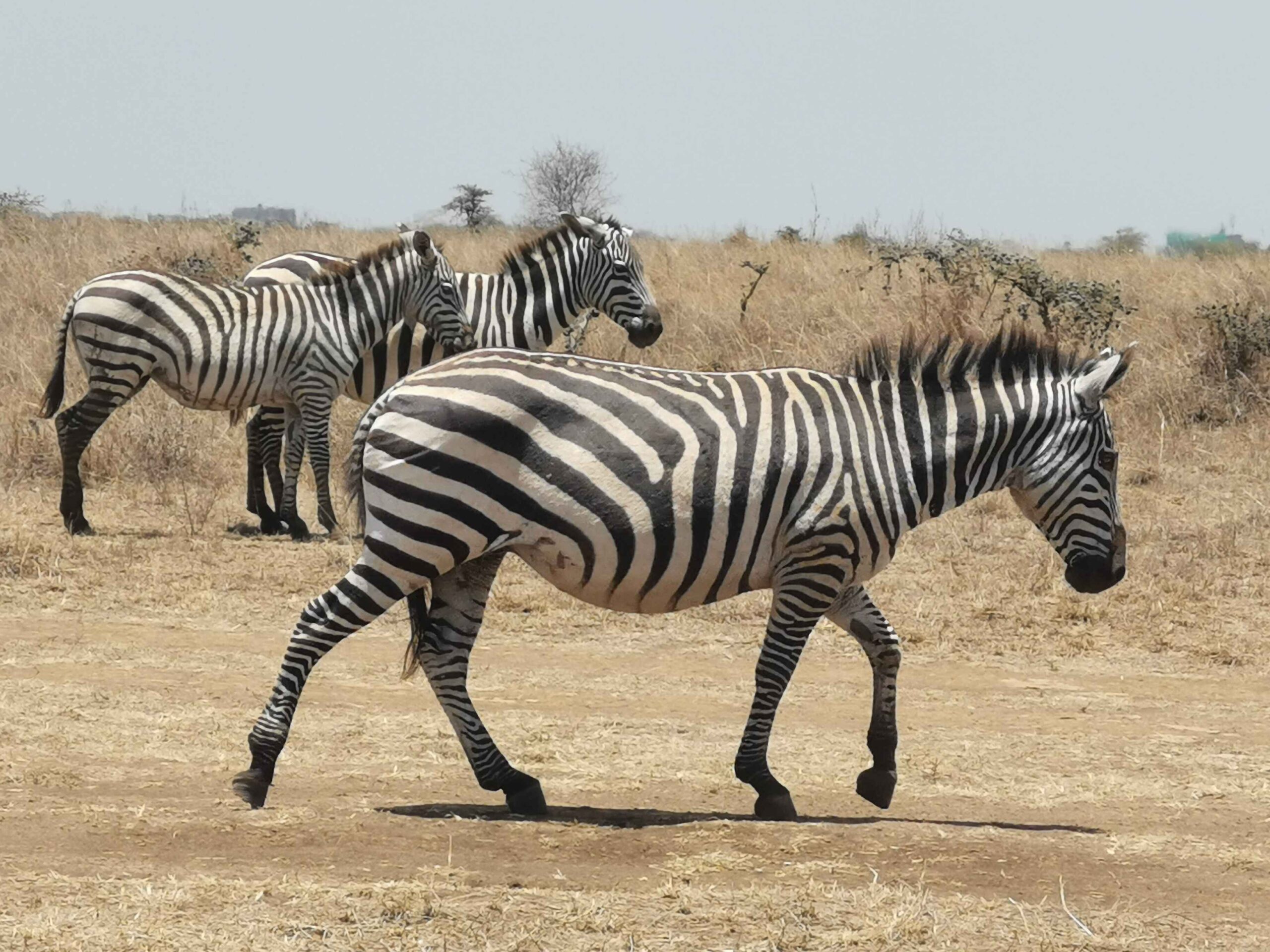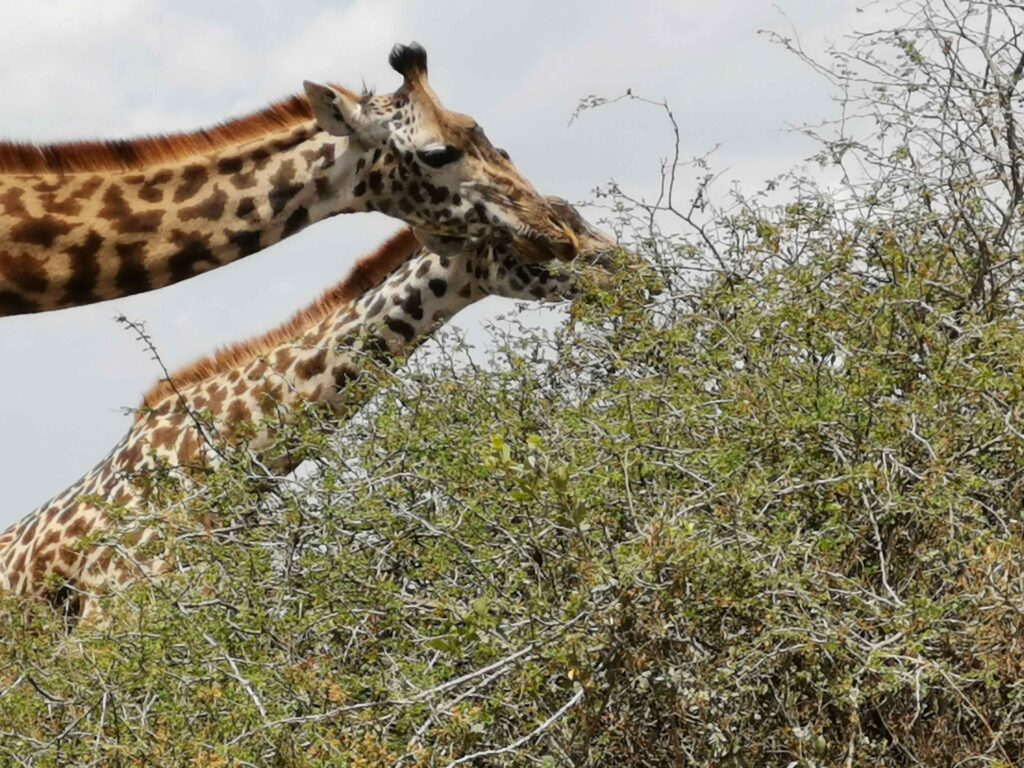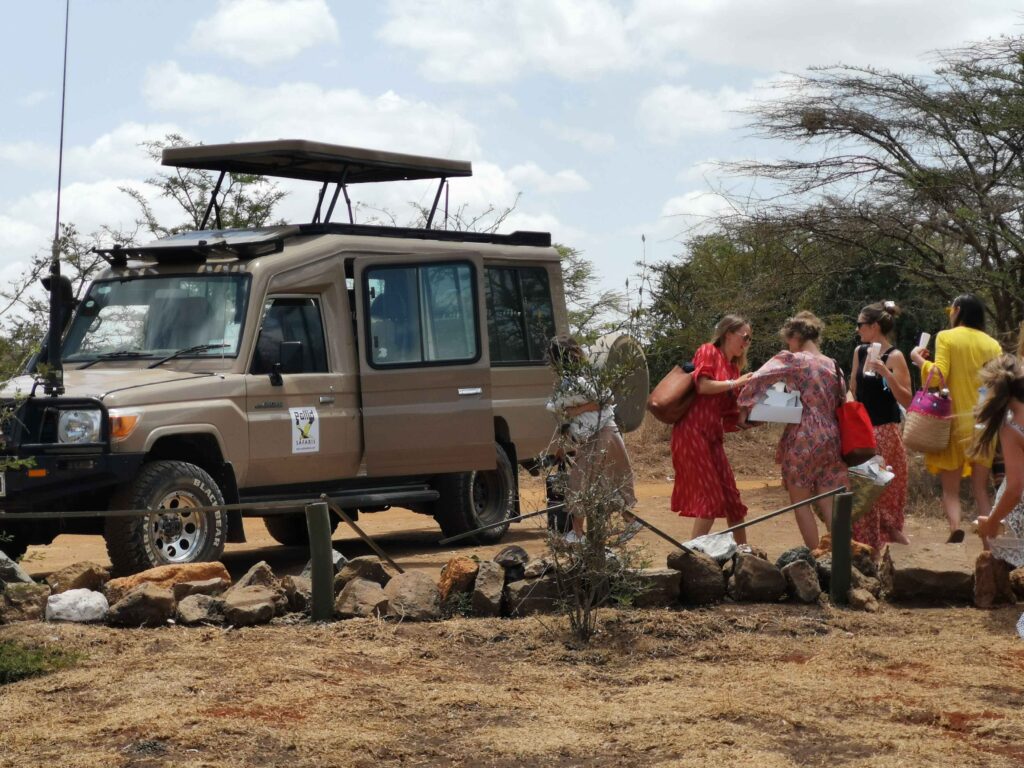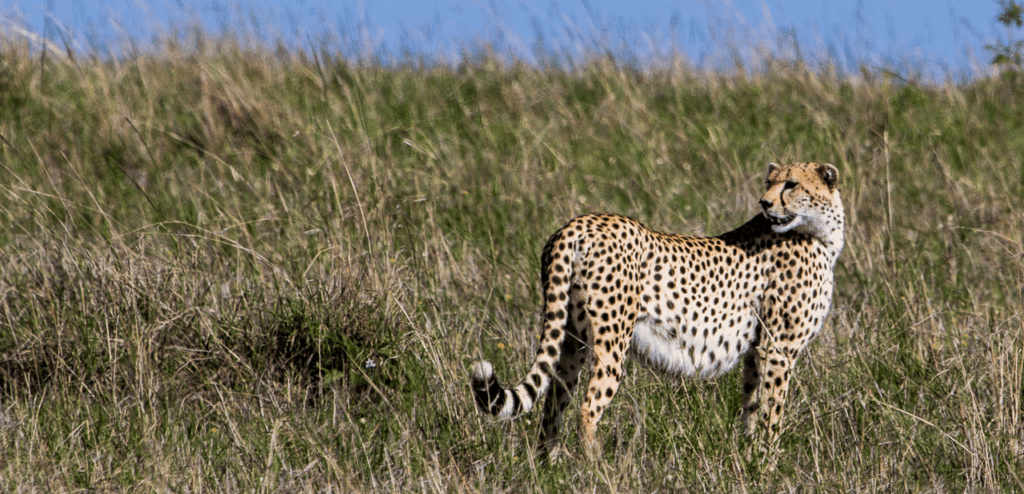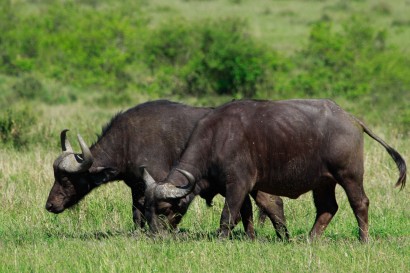EAST AFRICA (Kenya, Uganda, Rwanda, Tanzania& Zanzibar)
LANGUAGE
English is the official language in East Africa; though Kiswahili is considered the second official language. In Rwanda, French is spoken widely.
PASSPORT & VISAS
A valid passport is required. It is advisable to seek information from our Mission in your respective country. Visas are required by all. They can be obtained at the Kenya High Commission in your country of residence or alternatively on arrival in Nairobi. Tanzania, Uganda and Rwanda, Visas are also obligatory and can be obtained on arrival also.
Kenya, Tanzania and Uganda charges US$ 50.- per passport and Rwanda charges US$ 30.- per passport.
Effective from 01 January 2018, nationals of all countries get visa upon arrival without prior application.
Foreign Nationals wishing to obtain Rwandan visas in advance before travel can submit their applications online or at the Rwandan Diplomatic Missions of their Country of residence.
There is an EAC single visa available for Kenya -Uganda-Rwanda, available only on arrival at any airport for a fee of US$ 100.- per passport.
NB: there are exceptions and different prices for certain countries. Please refer to the immigration websites or the Embassy for specific information.
Also for guests combining Kenya and Tanzania, please note that only a single-entry visa for each country will suffice.
For guests visiting Kenya on a stay shorter than 24 Hours, can apply for a Transit Visa (delivered at the discretion of the Immigration officer) for the cost of USD 20.- per passport
HEALTH AND IMMUNISATION
A course of anti-malarial tablets is essential; please seek advice from a GP.
A mosquito repellent is also advisable.
Yellow Fever Vaccination:
- To enter in Rwanda, Tanzania, Kenya or Uganda, a Yellow Fever vaccination certificate is not required for travelers (Residents/ Non-Residents) coming from Yellow Fever non-endemic countries and without an active transmission outbreak of Yellow Fever.
- To enter in Rwanda, Tanzania, Kenya or Uganda, a valid Yellow Fever vaccination certificate is mandatory for travelers (Residents/ Non-Residents) coming from Yellow Fever endemic countries1 and countries2 with active Yellow Fever transmission outbreaks.
- All residents travelling to Yellow Fever endemic countries1 should be vaccinated at least 10 days before travelling.
- For travelers (Resident/ Non-Resident) coming from an active Yellow Fever transmission outbreak country2 or travelers who have recently visited (within 24 days) an active Yellow Fever transmission outbreak country2 the following instructions will be applied:
Yellow Fever endemic countries1: Angola, Argentina, Benin, Bolivia Plurinational, Brazil, Burkina Faso, Burundi, Cameroon, Central African Republic, Chad, Colombia, Congo, Côte d’Ivoire, Democratic Republic of the Congo, Ecuador, Equatorial Guinea, Ethiopia, French Guiana, Gabon, Gambia, Ghana, Guinea, Guinea-Bissau, Kenya, Liberia, Mali, Mauritania, Niger, Nigeria, Panama, Paraguay, Peru, Senegal, Sierra Leone, South Sudan, Sudan, Suriname, Togo, Trinidad and Tobago, Uganda, Venezuela
For visitors from Asia and India, yellow fever vaccination is mandatory for re-entry purpose to their home countries.
Travelers out of India visiting Kenya now require a vaccination against Polio.
Please ensure that you have this before your arrival.
Swimming is not recommended except in hotel pools and in the ocean.
If on medication, it is best to take a supply of medicines to last the entire trip.
CURRENCY
The Kenyan Shilling (KSH or KES) is denominated in notes of 1000/- 500/- 200/- 100/- 50/- and coins of 40/-, 20/- , 10/- , 5 /-, 1/- and 50 cents.
The Rwandese Franc (RWF) is denominated in notes of RWF 500, 1000, 2000, and 5000, while coins are RWF 1, 5, 10, 20, 50 and 100.
The Tanzanian Shilling (TZS) is denominated in notes of 10,000/=, 5,000/=, 2.000/=, 1.000/=, 500/= , and coins of 100/=, 50/= , 20/= , 10/= and 5/=
The Ugandan Shilling (UGS) is denominated in notes of 1000, 2000, 5000, 10000, 20000 and 50000 Shillings.
Coins are issued in denominations of 100, 200 & 500 shillings.
US Dollars, Sterling Pounds and Euros are acceptable everywhere. However we advise you to have a certain amount of local currency at all times.
‘Bureau de change’ are available at all airports and in the cities.
A commission is levied for changing of the foreign currency.
However, most of the Banks and establishments including Pallid Safaris will not accept US Dollar bills printed prior the year 2006.
ATM’s are also popular and seen in most areas (you may only draw in the local currency)
LOCAL CURRENCY EXCHANGE RATES (estimated)
| 1US$ | Rwf 1,274 (Rwandan Franc) |
| 1US$ | Kshs 143.- (Kenyan Shillings ) |
| 1US$ | Tshs 2,547.- (Tanzania Shillings) |
| 1US$ | Ugx 3,931.- (Ugandan Shillings) |
BAGGAGE CLAIM
All bags arrive on the conveyor belt.
Each person picks his/her bag, onto a trolley and then clear Customs – where he/she presents their passport. This is just a formality – nothing more than that and immediately in front of them are the Exit doors to the Public Waiting Area/ Rendez-vouspoint.
MEETING POINT ON ARRIVAL
Once you clear immigration and customs – our representatives will meet you on outside the Arrival Halls. A meeting board will be used that indicates your names.
For RWANDA, We do meet and greet assistance so one of the Akagera Aviation officers will help locateyour luggage then hand it to your driver at the public waiting area.
POWER
Our National grid power supply ranges between 240v-220v. Many of our lodges/camps in the parks and reserves do not get this supply from the National grid. Most of them generate their own power supply from generators and power ranges 240v –220v. However, a variety of plugs are usable and an adaptor is available upon request.
For stress-free travel, we recommend you carry a universal adaptor.
TELECOMUNICATION
Auto roaming of mobile phones is available in all East African Countries with excellent network in the cities and in and around some of the national parks and reserves. This will however depend on whether there is a reciprocated agreement with your country. Otherwise, most lodges/hotels are connected to land lines.
There is a cost for usage of the phones.
You may also buy a Pre-Paid line from the various mobile operators with easy switch over from Kenya to Tanzania to Rwanda and or to Uganda whilst on holiday here. This is the cheapest option.
Airtel remains the best option with their ONE AFRICA package.
WATER
Water in East African region is chlorinated and safe to use for showering and washing of hands but should not be drank directly from the tap.
It is highly recommended that you use the purified or mineral water provided for you at the hotel or in the vehicle during your trip. You may also buy some at the hotel bar/shops and service stations.
FLYING DOCTORS
The temporary membership cost is US$ 40.- per person and is valid for a 3 months visit in East Africa. It entitles the subscriber to one free ‘evacuation’ flight from a radius of 1000 kilometers within East Africa.
The areas we are traveling to fall within this range of mileage.
The evacuation flight consists of, depending on the emergency, a nurse, a doctor, flight attendant and of course the crew.
The aircrafts are equipped with Blood, Oxygen, etc.
So, if we had an accident or somebody fell ill, we could call upon the Flying Doctors and within a turn-around time of a maximum of 40 minutes to one hour, they would be at the nearest airstrip to our location.
For Rwanda we use the Emergency Medical Evacuation Services offered by Akagera Aviation
for clients travelling within Rwanda/ Temporary membership per person is US$ 40. Per person.
WHAT TO CARRY
Baggage: the ‘mantra’ is TRAVEL LIGHT!
Clients should be encouraged to carry soft sided travel bags as opposed to hard or roller cases such as samsonite, etc.
This saves time during the loading and offloading of the safari vehicles.
Other Personal Items.
Don’t forget the camera, camcorder and a plentiful supply of film and spare batteries.
A pair of binoculars will greatly enhance game viewing while a torch to find your way around camp after dark is a good idea.
Books, pencils, crayons and crackers are very welcome as gifts to the children of local villages that you would pass (or visit) whilst on safari. We do not encourage candy as some do not have easy access to dentists.
WHAT TO WEAR
Summer clothing is worn throughout the year, although at times a jacket and light raincoat may be necessary. Early morning and evening temperatures at altitude (most national parks are located 1000m plus asl) are cool.
So we recommend a sweater to keep you warm especially during your dawn and dusk safaris.
On safari, wear neutral colors, such as brown, beige and khaki – bright colours may alarm the animals. Sensible walking shoes are also recommended.
Since laundry is only possible where you are staying for 2 nights, try to carry quick-dry type of clothing. (particular properties and only where mentioned in the itinerary)
Casual wear is the norm during the day, a short-sleeved shirt for men, light cotton dresses, or a skirt and top for women. In the evening, all hotels and restaurants require long trousers for men in particular.
Sunglasses and a hat for protection against the sun are recommended and swimsuits should be packed for the swimming pool or beach.
Topless sunbathing is not permitted.
We have below appended a packing list for Gorilla Treks. For any other specific activity, we can provide you with details on request.
TIPPING & GRATUITIES
Tipping is not compulsory but always enthusiastically received if you are happy with the service and would like to tip. There are no set percentages for tips. Local culture believes the level of tips should be at the
discretion of the client and any token of appreciation is gladly received. These are our suggestions: We
recommend that you tip your guide direct at the end of your stay in camp; as a rough guideline you might
want to tip from US$5-10 per day.
Please note that there are variations between all the EA countries on tipping and gratuities. Whilst the actual amount of money to tip is left at your discretion, we would like to offer some guidelines here below:
RWANDA and TANZANIA
Porter – per bag: US$ 1.50- each time
Trekking porters in Rwanda US$ 10 – 20.- per person
Server in restaurant – per meal: US$ 2.- per person
Driver-guide – per day: US$ 10.- per person
UGANDA
Porters: US$ 1 per piece of bag.
Trekking Porters: US$ 10 – 20.- per person
Waiters – For drinks waiters: 10% of consumption.
Server in restaurant – per meal: US$ 2.00 per person per meal or
if service exceptional 10%.
Driver-guide – per day: US$ 10.- per person
KENYA
Porter – per bag: US$ 1.- each time
Server in restaurant – per meal: US$ 1.50- per person
Driver-guide – per day: US$ 5. to 10.- per person
On average, we would recommend that you budget for US$ 100. per person on a trip of 7-10 days, which would comfortably cover all tipping & gratuities.
SHOPPING
There is a big variety of souvenirs to take home. Most hotels have licensed souvenir shops and there are a large number of such outlets in the main towns.
Popular items are wood carvings, African art, African clothing, soap stone carvings, wax batiks, tie and dyes, African jewelry, gem stones
As you move along from point to point, you will come across many souvenir shops “kiosks”, if you like something, BARGAIN and BUY.
As your time can be limited, don’t put off your shopping till the ‘last day’.
Often some of these ‘kiosks’ may stock items that are not available in the city.
The traders accept all major currencies in cash and some of the bigger outlets also take International Credit Cards.
If you like, you may also visit the gold smiths where there is a wide range of beautiful jewelry made from gold, silver and diamond. Latest in African Fashion is available at select outlets.
VALUE ADDED TAX
Nearly everything has Value Added Tax.
There is no facility for tax refund except in Tanzania which has introduced this for passengers exiting at their International Airports.
Duty free items can be purchased from the duty free shops located at our international airports.
PUBLIC HOLIDAYS
Rwanda :
1 January ,1 February (National Heroes Day), 7 April (Genocide Memorial Day) 1 May (Labour Day),
1 July (Independence Day),4 July (National Liberation Day) 15 August (Assumption Day),
1 October (Patriotism Day), 26 December(Boxing Day)
Religious Holidays :Eid-ul-Fitr, Eid-ul-Adha , Easter and Christmas Day.
Kenya :
January 1, Good Friday, Easter Monday, May 1, June 1, October 10, October 20, December 12,
and December 25 & 26.
Religious Holidays: Eid-ul-Fitr, Eid-ul-Adha, Easter and Christmas Day.
Tanzania& Zanzibar:
January 1, January 12, April 7(Zanzibar), April 26, May, July 7, September 10,
December 9 , December 25 & 26
Religious Holidays :Eid-ul-Fitr, Eid-ul-Adha , Easter and Christmas Day.
Uganda :
1st January, 26th January (Liberation Day), 8th March(International Women’s Day)
Easter Friday and Monday, 1st May(Labour Day), 3rd June (Martyrs’s Day),
9th June(Heroe’s Day) ,9th October(Independance Day), 26th December(Boxing Day )
Religious Holidays :Eid-ul-Fitr, Eid-ul-Adha, Easter & Christmas Day
COST OF LIVING
The average cost of eating out is equivalent to that in most developed countries. Lunch costs around US$30 per head and an “a la carte” dinner is between US$ 40 and US$50 per person.
Diners can choose between Local, Indian, European-Continental and Asian cuisine.
There are also fast food outlets and fish-and-chip shops!
Local beer brands are actually very good and costs around USD $4 for 300ml bottle.
SUGGESTED PACKING LIST FOR GORILLA TREKKING
Paths on gorilla treks can be slippery, muddy and steep so sturdy walking boots are essential. Some people take thick gardening gloves because of the brambles and nettles en route and you should wear long trousers rather than shorts. A waterproof jacket may come in handy and take some water and a snack in case it’s a long trek. You might also find a walking stick or pole helpful.
Accessories: Sunglasses Brimmed Hat, for sun protection Gloves, gardening or similar
Poncho, during rainy season (optional) Stuff Sacks or Plastic Bags, to keep items dry
Other (for trek and safari) Toiletries Prescriptions Sunscreen Lip Balm Insect Repellent,
containing DEET Binoculars First Aid Kit Hand Sanitizer Pencil and Notebook, miniature,
for trip log (optional) Camera
Photography on a gorilla trekking safari
If you’re a keen photographer, taking your own pictures of mountain gorillas is one of the most magical photo sessions you’ll ever experience. Do bear in mind that the light can be poor in the rainforest and that use of flash is not permitted. You might also need to protect your camera against heavy rain.
For a small fee, porters are available at the trailheads to carry your backpacks and offer a hand during tricky parts of the hike. Even if you don’t really need them, hiring a porter is a helpful way to contribute directly to the local economy and chatting to them en route can enhance your experience both of local life and of your gorilla trek.

